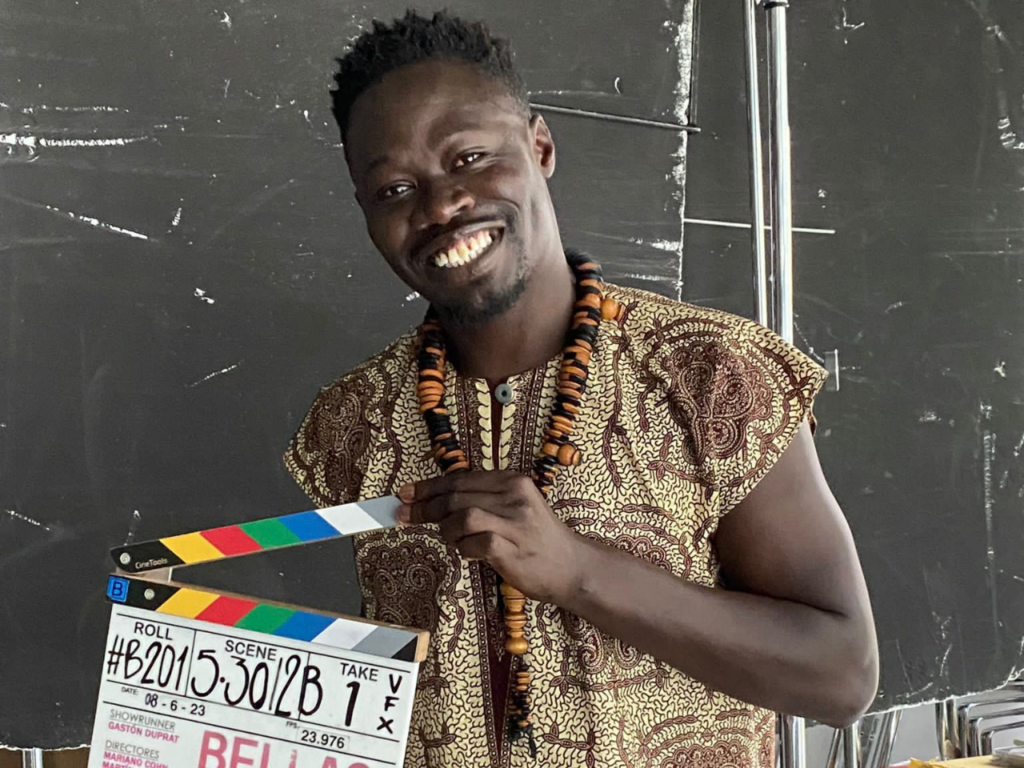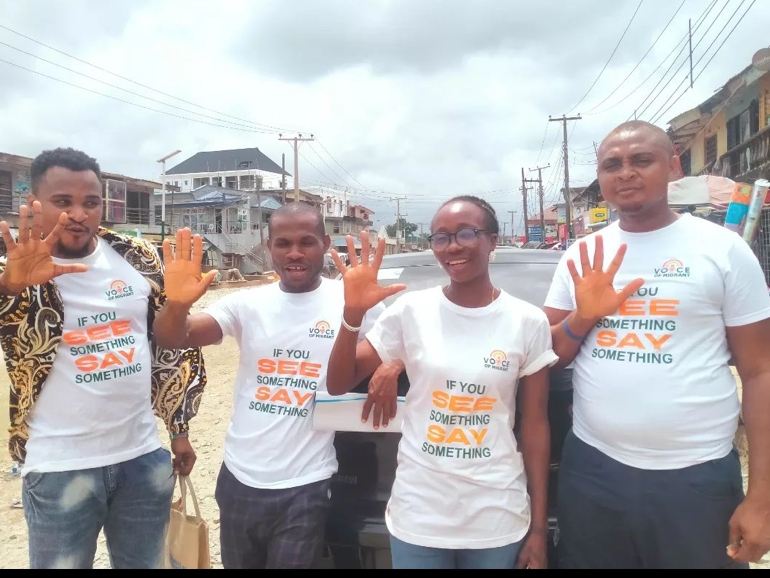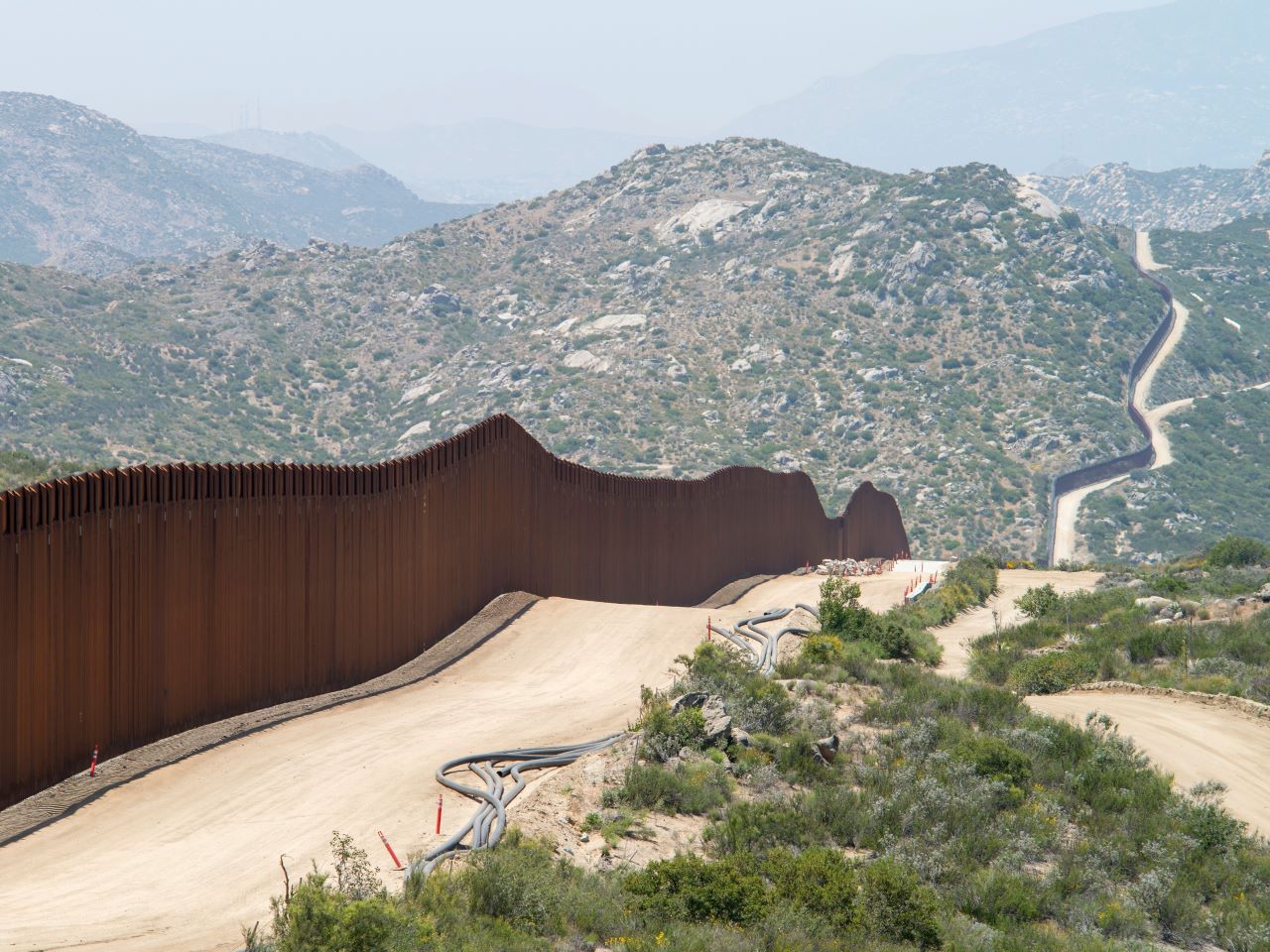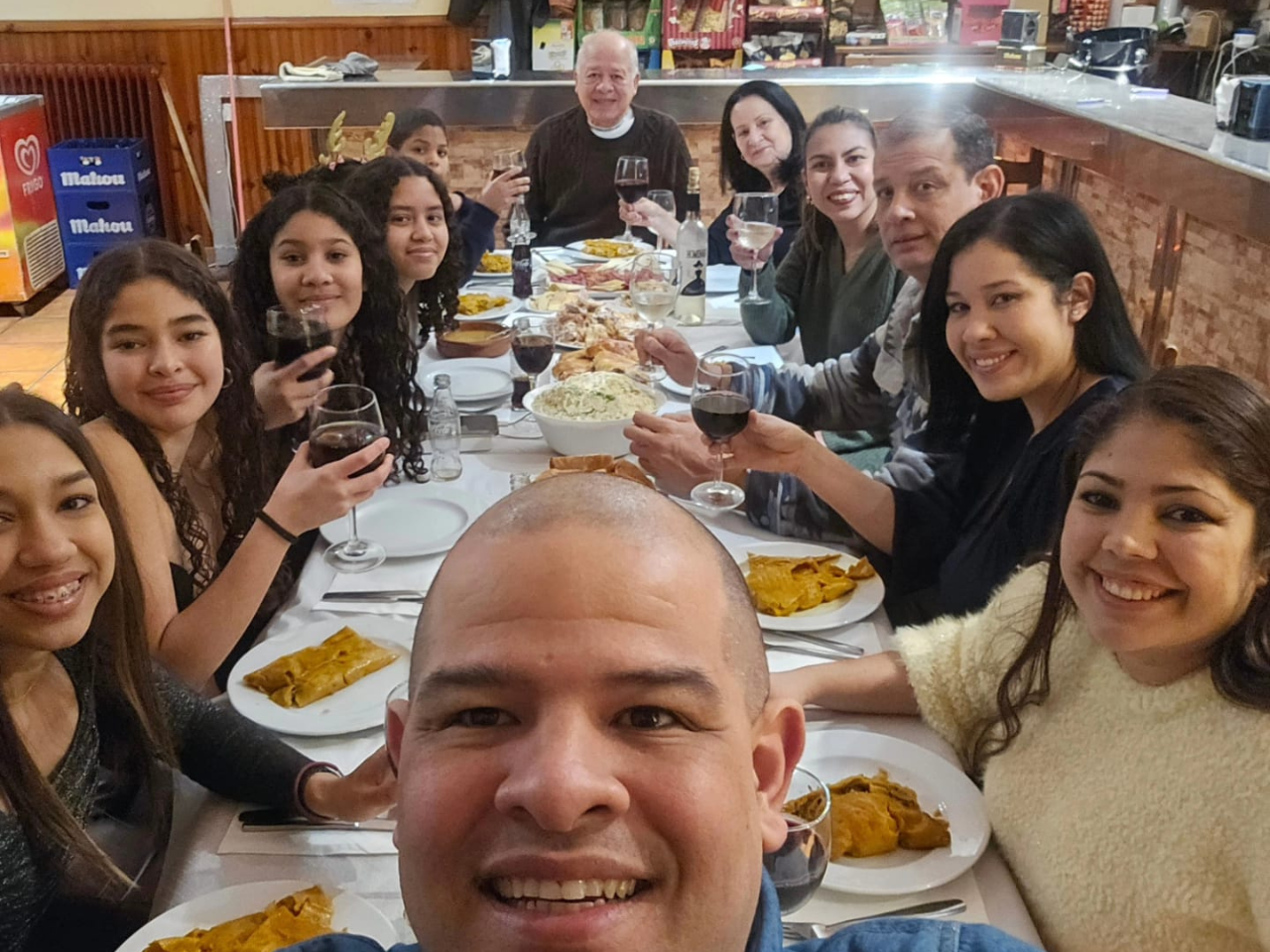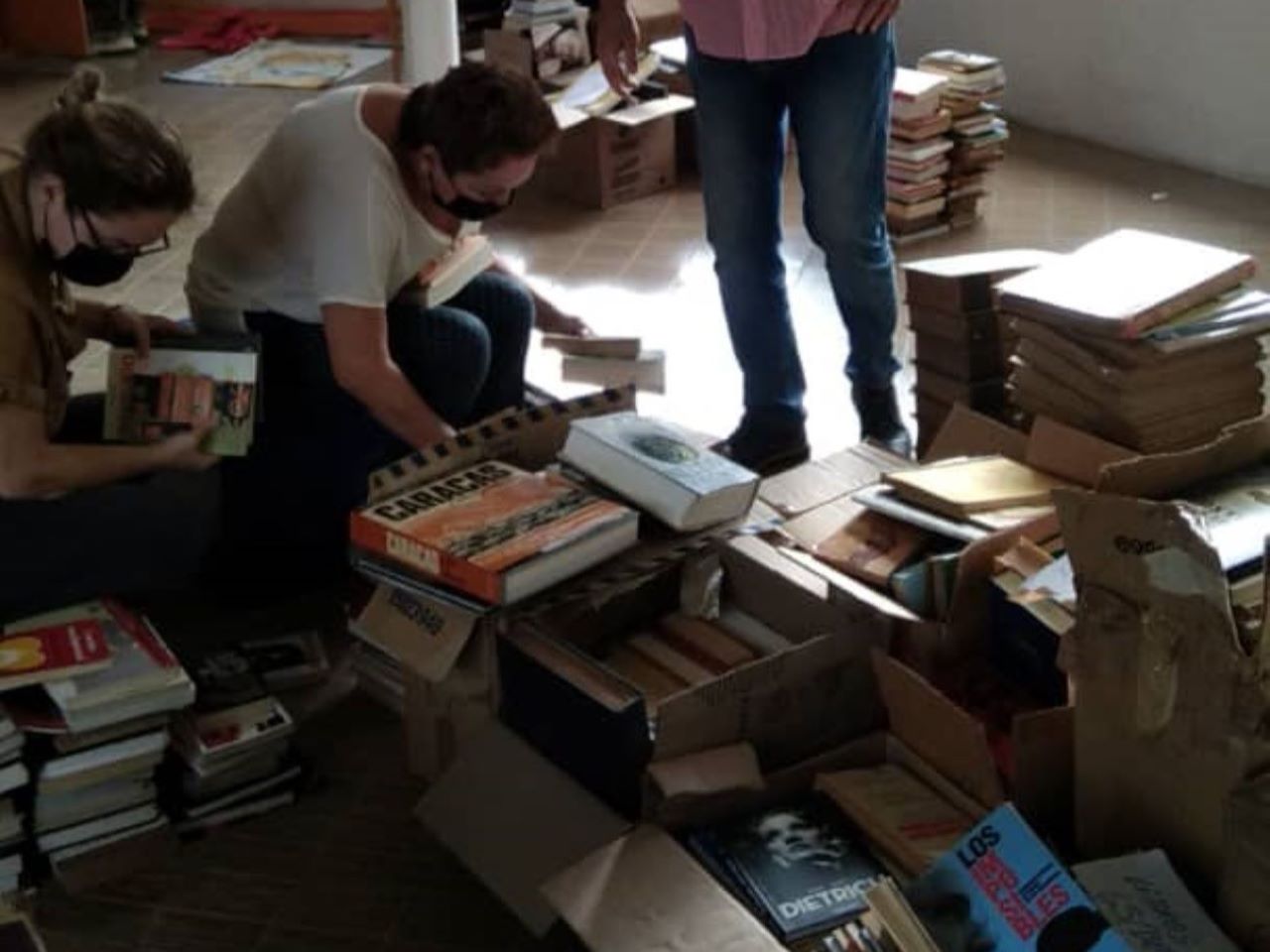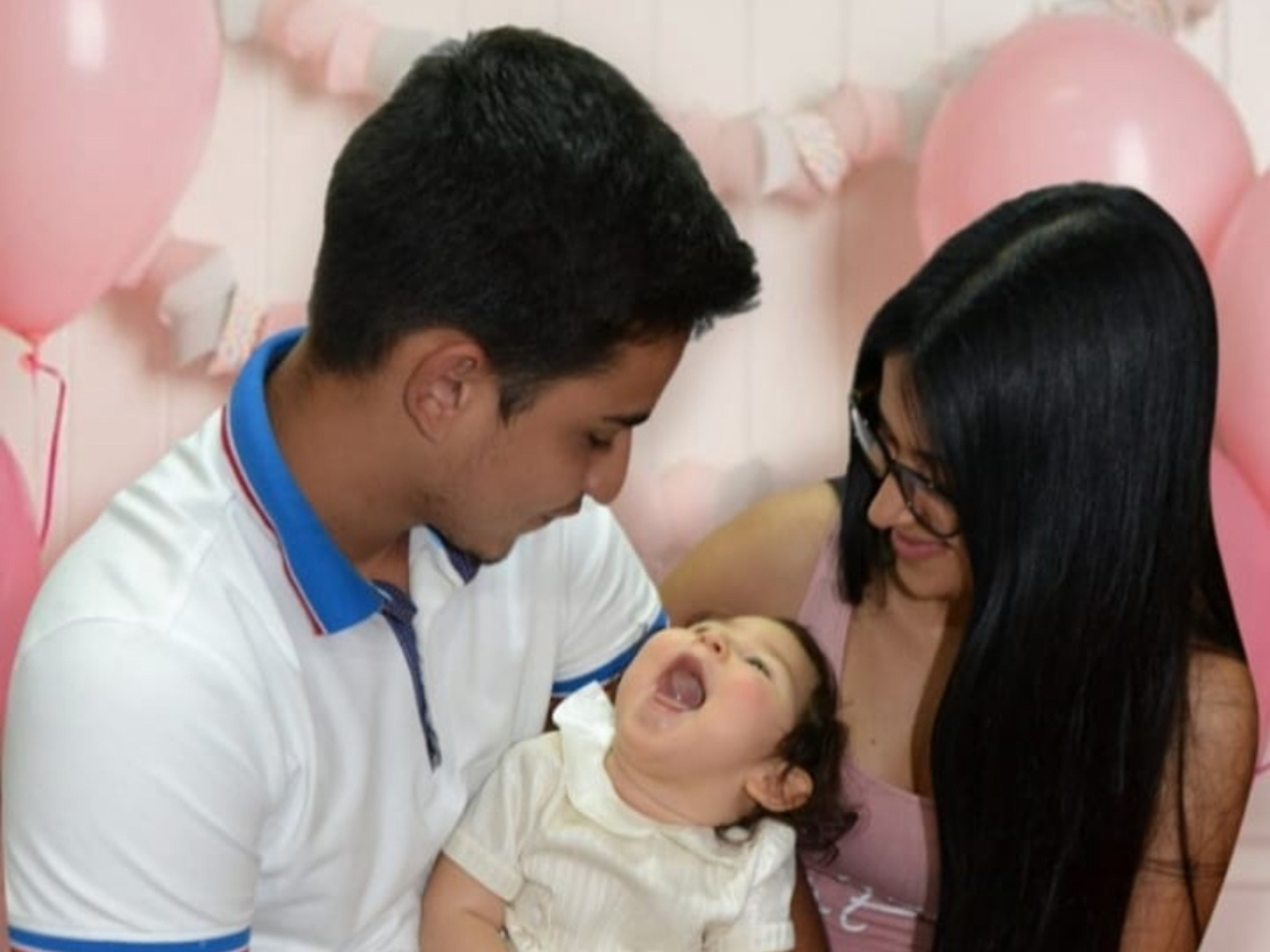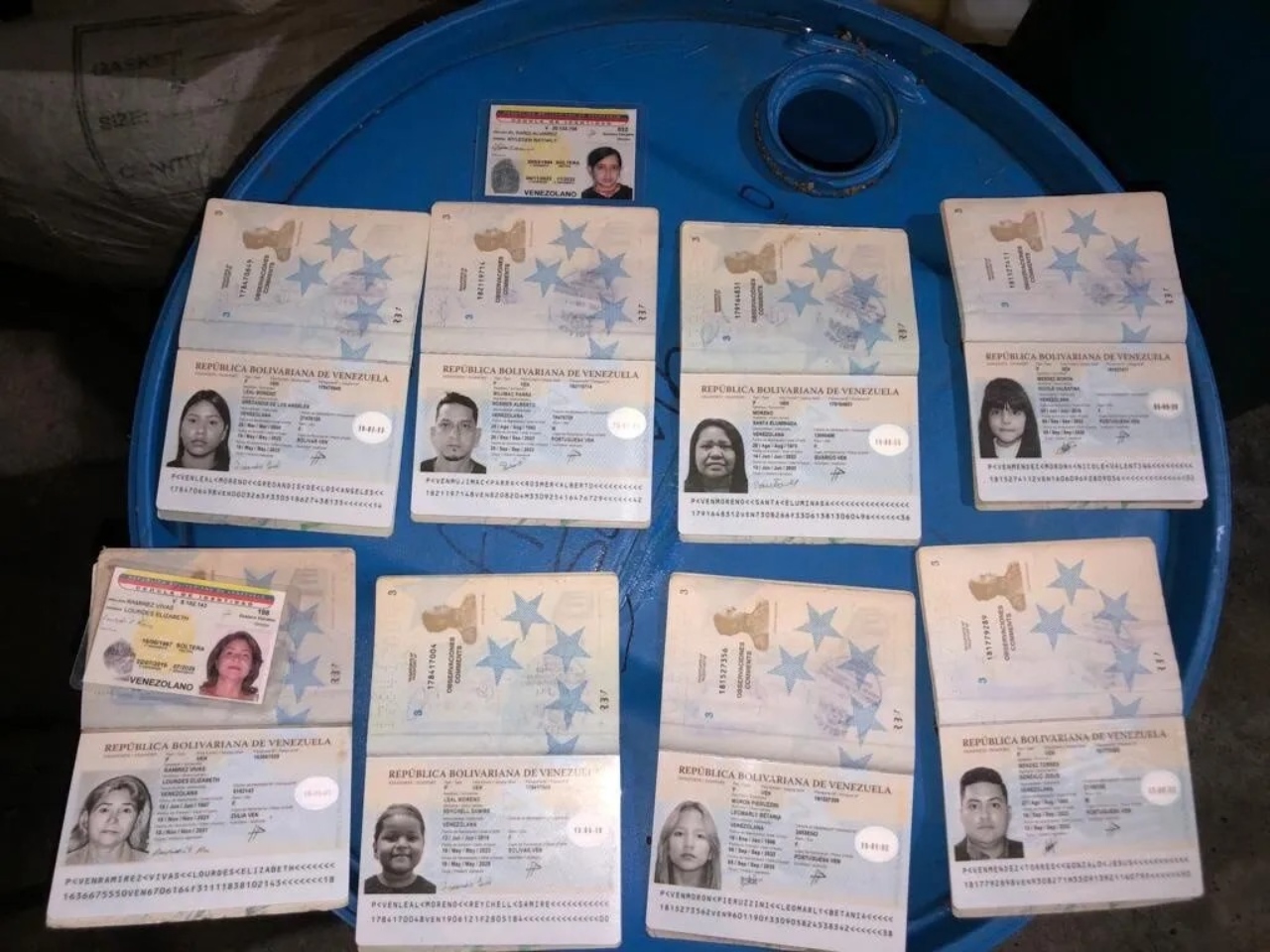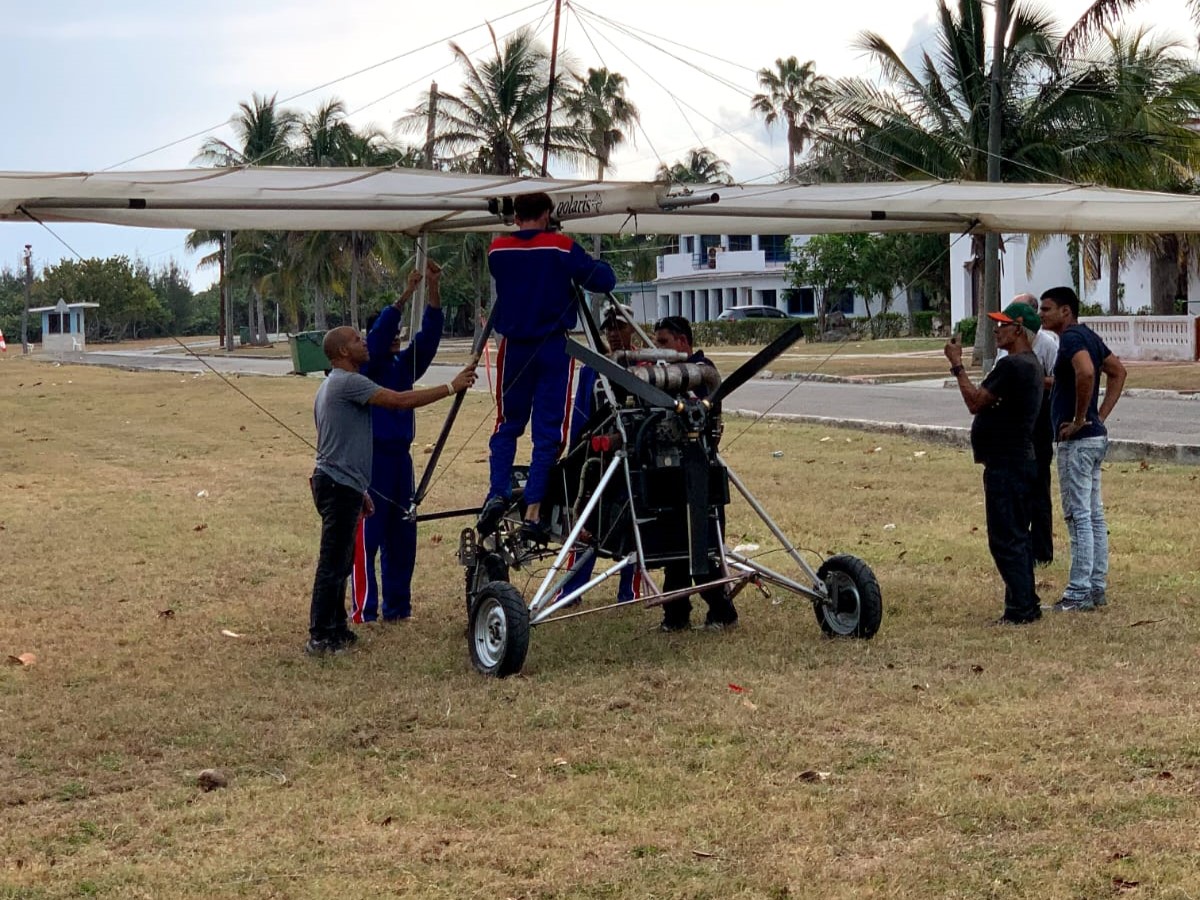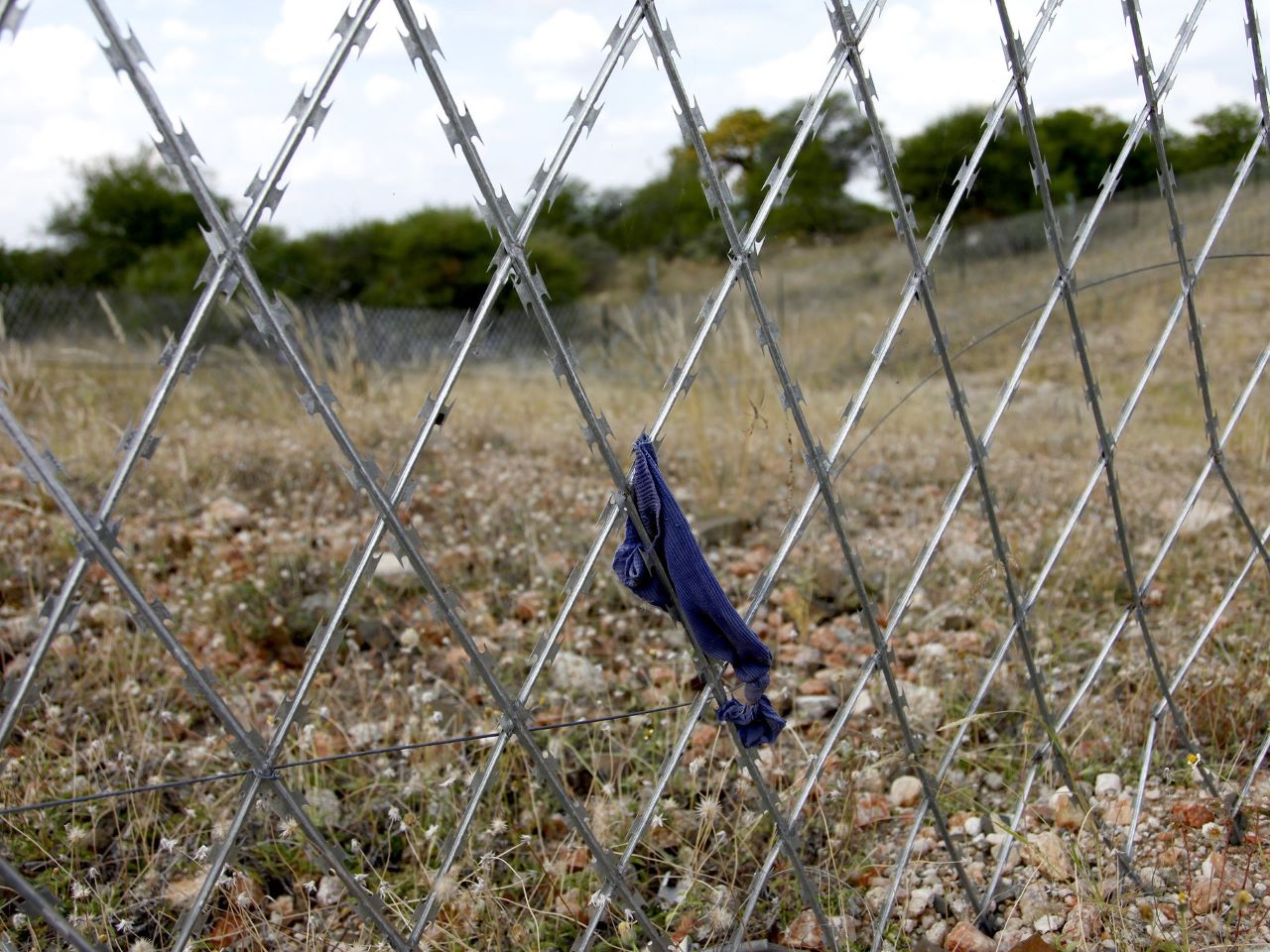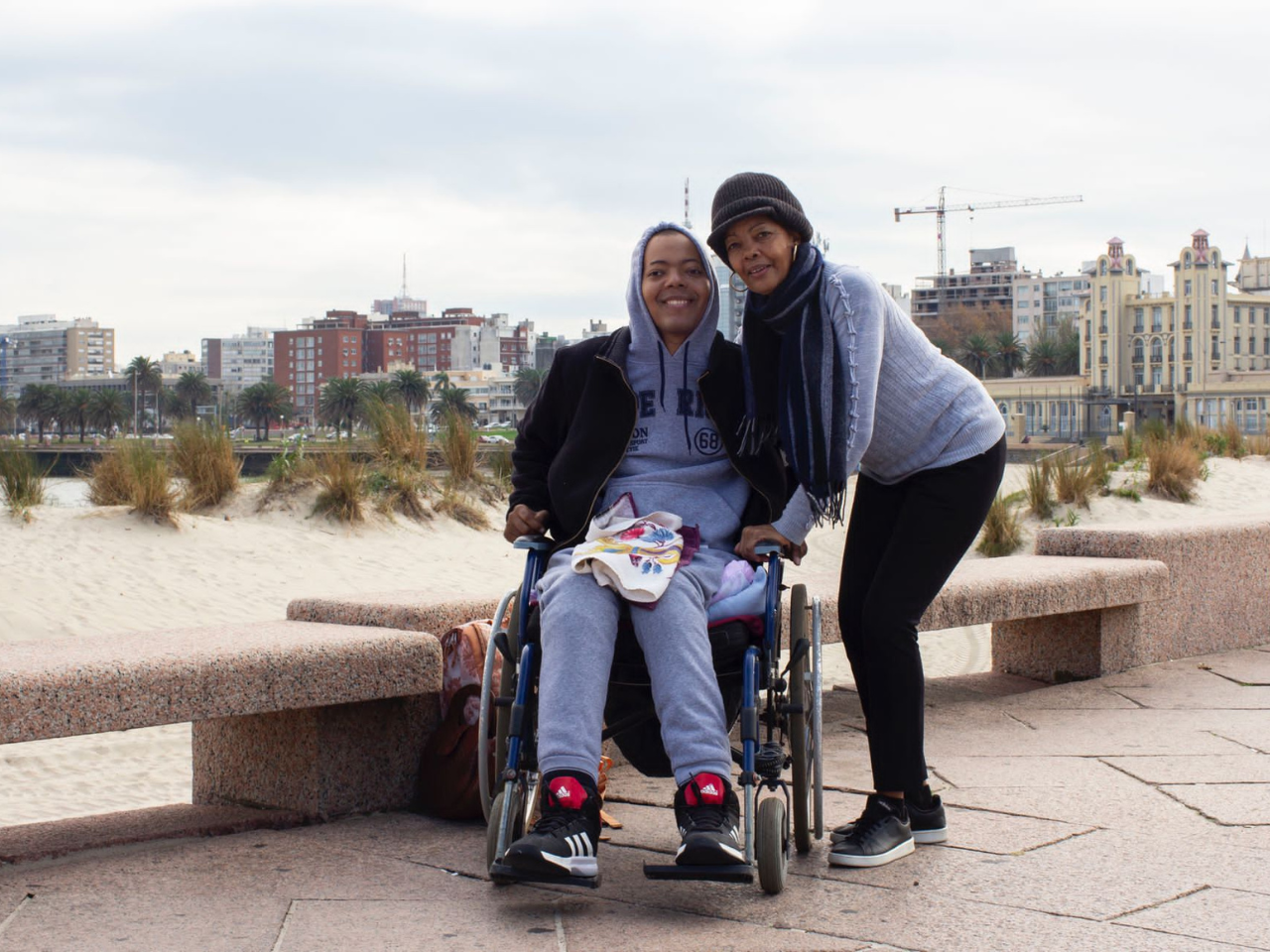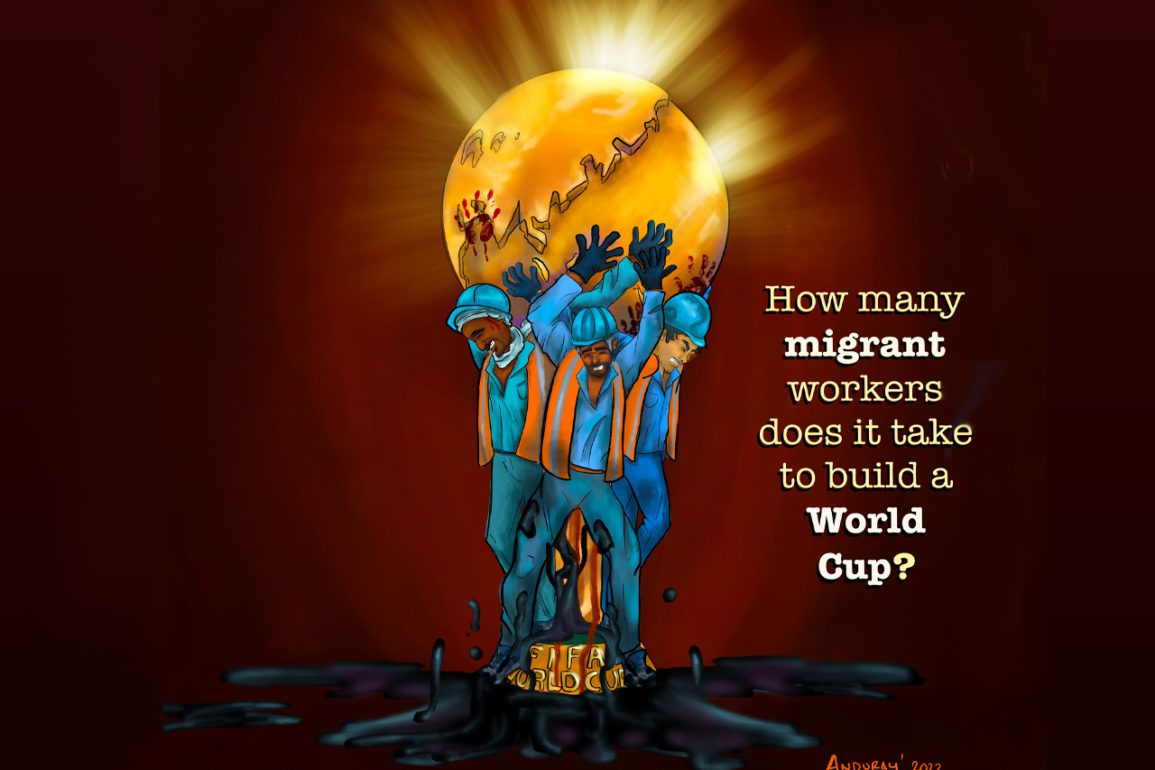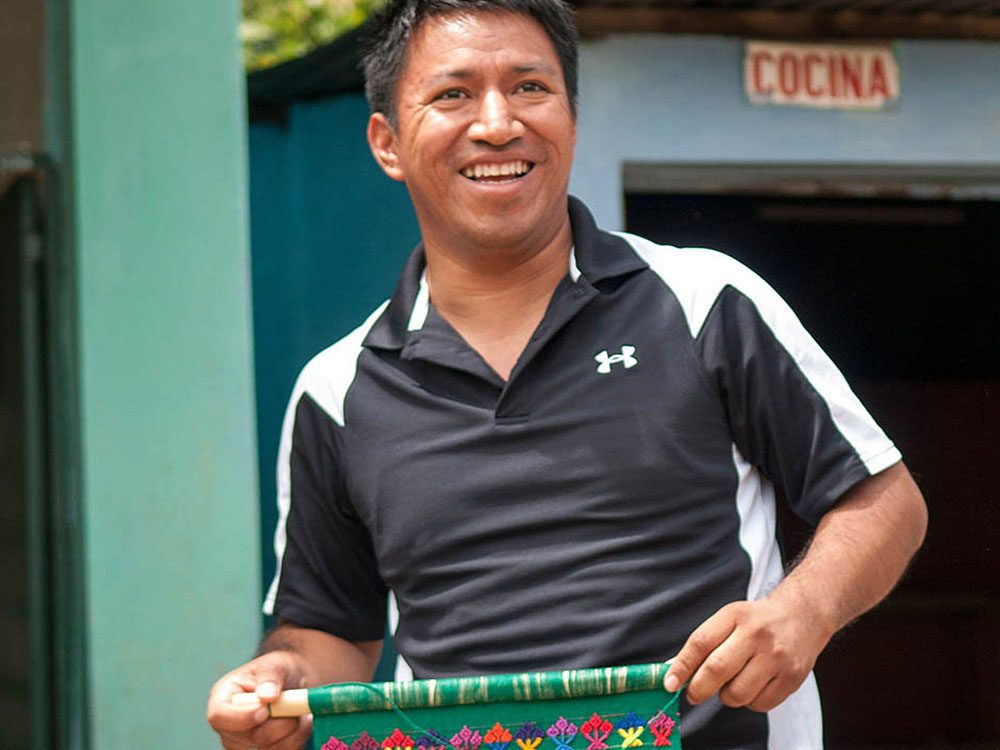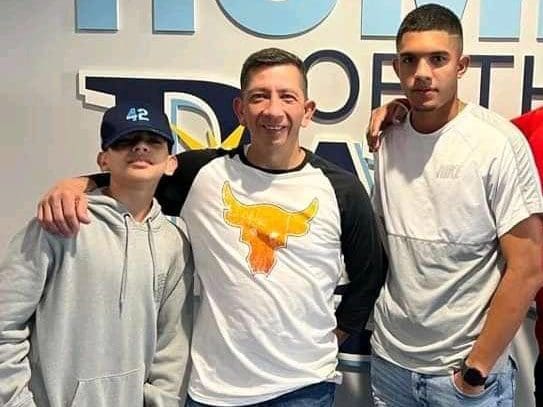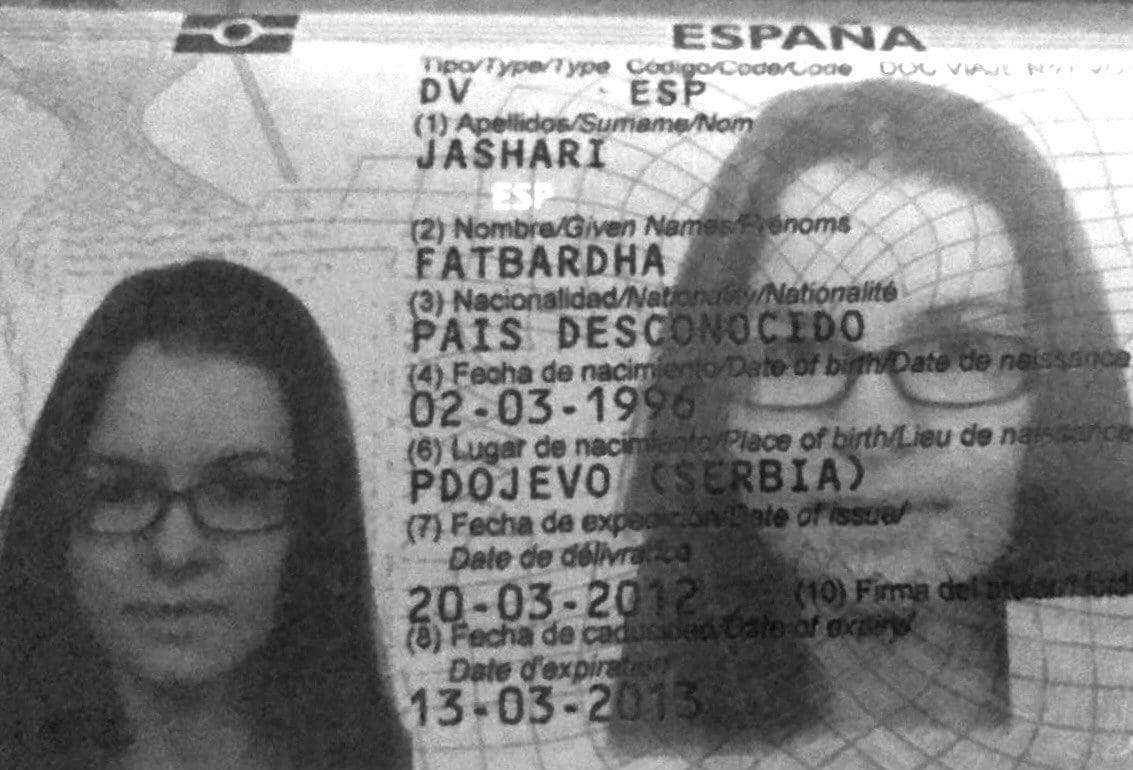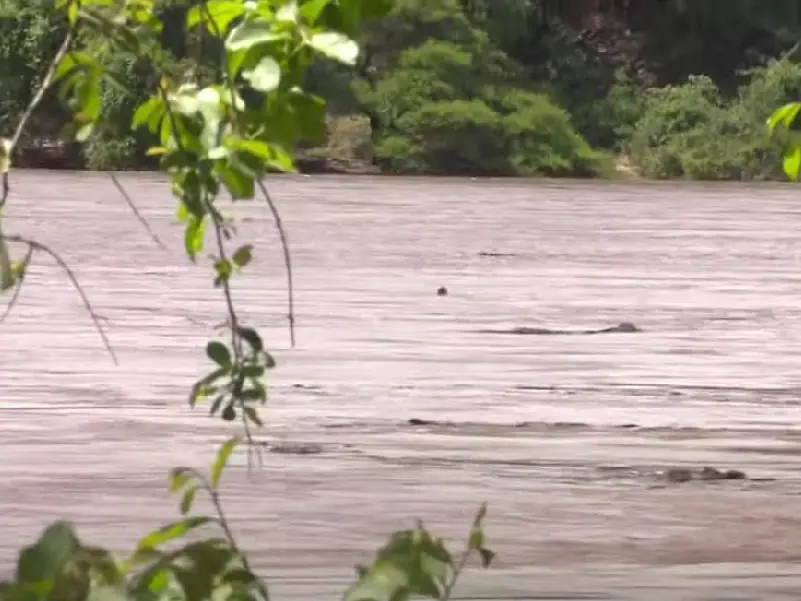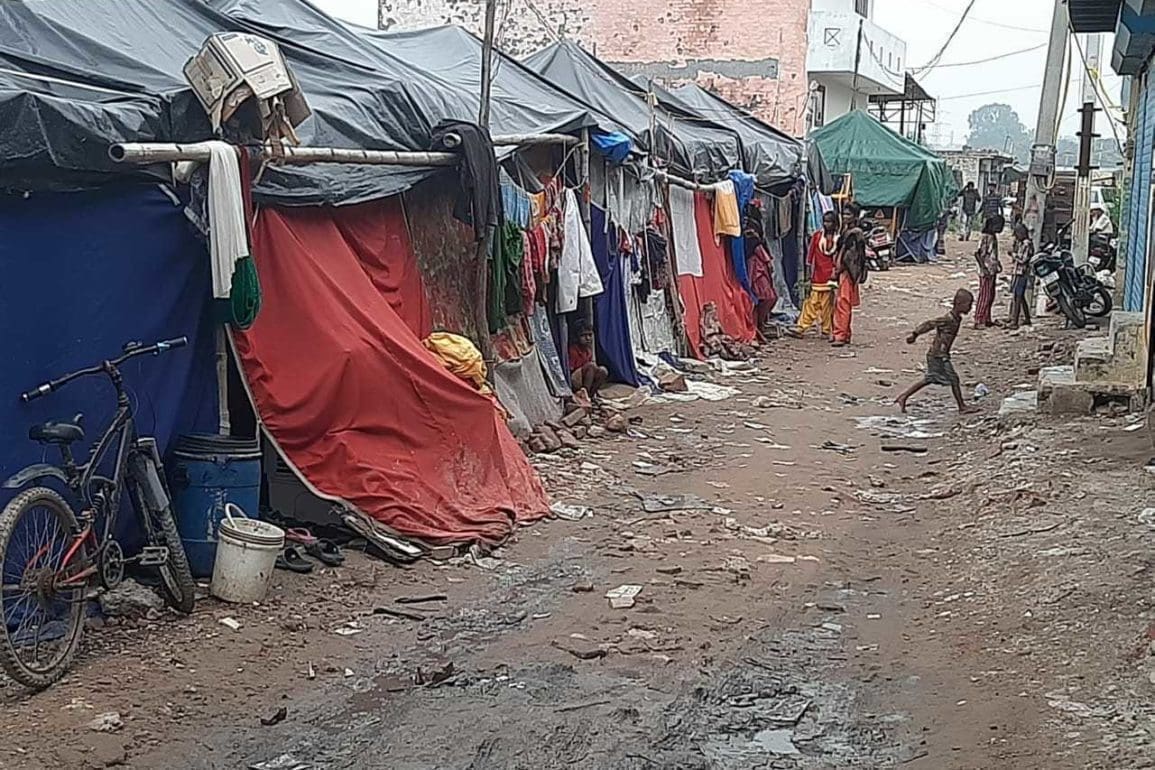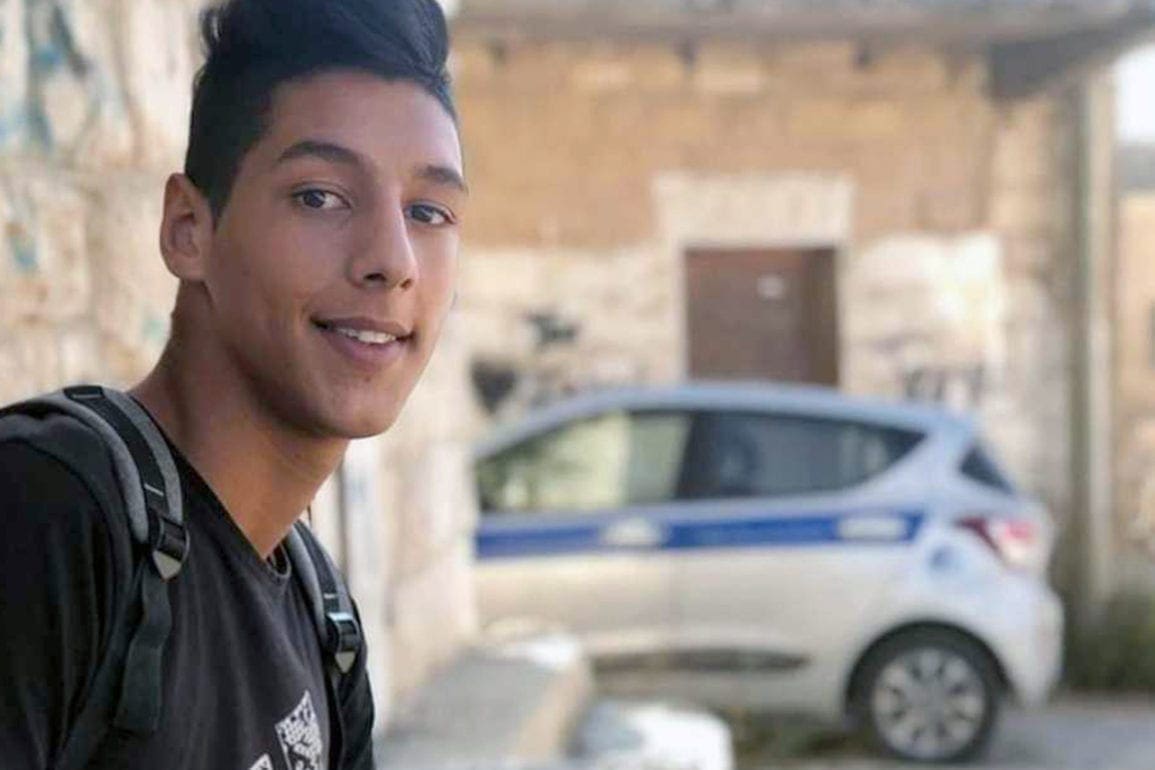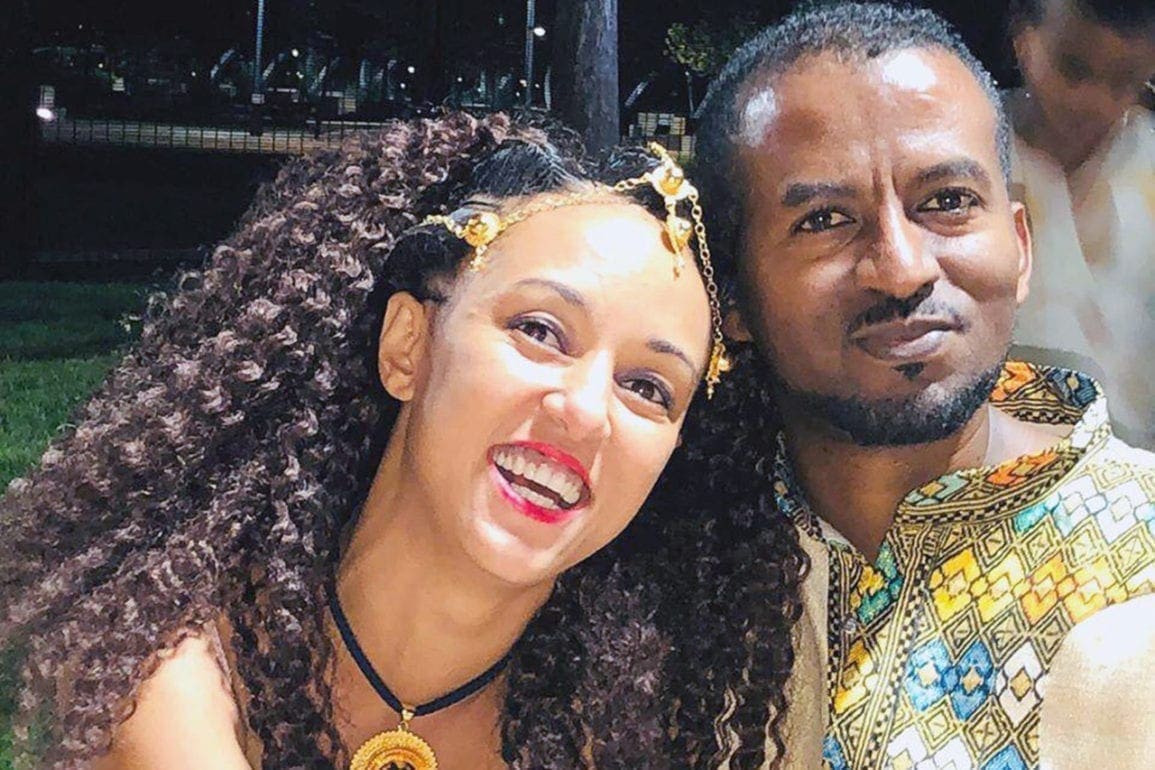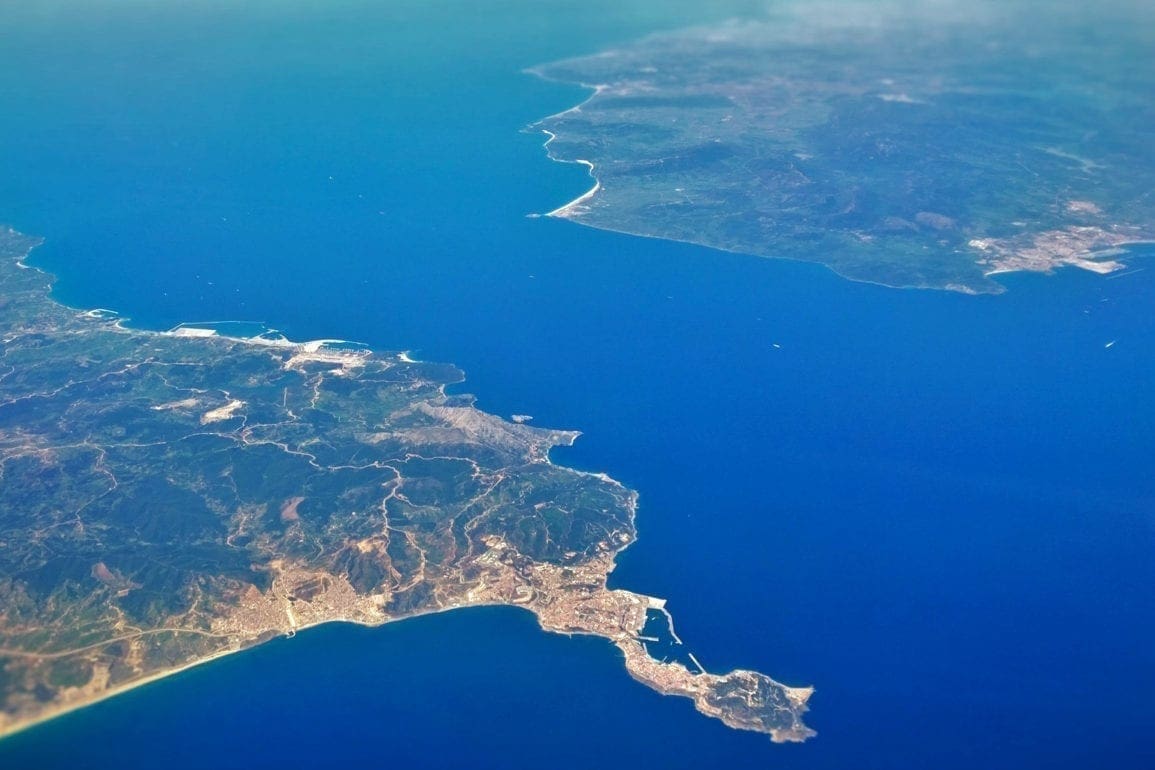New documentary on Kayar’s immigrants premieres May 2024: Thimbo Laye recounts the journey that inspired the film
On my first attempt to leave Kayar, the boat began to sink after a few days. The second time, we ran out of food. I decided to make a third attempt. This time, I sold an engine to buy passage, determined I would either make it or die trying.
- 2 years ago
June 21, 2024
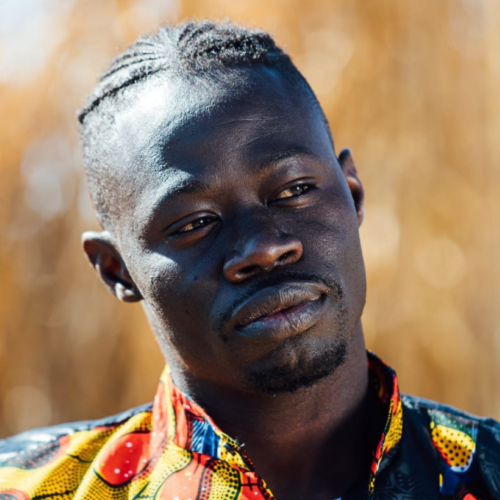
MADRID, Spain — Growing up in a small fishing village in Senegal called Kayar, my grandmother sang, and my mother worked as an actress. Eventually, I would follow in their footsteps, but at age 11, I began working on a fishing boat. I watched as large ships from the West ravaged our fish stocks, leaving us starving. As I grew older, I learned of people migrating to Spain in search of a better future.
Everyone in Kayar knows the risks of these trips. Rarely do you find someone without family members who perished at sea in search of a new life. It seemed somewhat normal, then, at age 17, I decided to journey to Tenerife, Spain. After three attempts, I finally made it. In time, I became an actor and recently filmed a documentary on the migration of people from Kayar. My project aims to tell the story of many immigrants, highlighting their search for dignity and survival.
Read more immigration stories at Orato World Media.
Leaving Kayar for a better life
On my first attempt to leave Kayar, the boat began to sink after a few days. The second time, we ran out of food. I decided to make a third attempt. This time, I sold an engine to buy passage, determined I would either make it or die trying. Before we departed the captain said, “If anyone is afraid, get off.” The trip felt extremely challenging. Being in a cayuco [a small canoe] means looking at 360 degrees of the sea. Although the sea is my home, fear took over and a profound feeling of fragility cradled me constantly.
As the days and hours passed, I noticed how exhausted the people traveling with me looked. Many laid on the ground, unable to get up. Most of them could not swim. The scene seemed devastating, making for long nights in the canoe. I decided to lay on my back, looking at the sky and counting the stars until I fell asleep, rocked by the waves.
When my turn came to take the helm one night, singing calmed me immensely. Listening to my voice and focusing on the music and lyrics made me remember home. Those listening, despite not feeling well, told me through their tears that my singing filled the cayuco with tranquility and peace. It made them feel better and it motivated me to sing more.
The fifth day of the trip to Tenerife remains one I will never forget. While sailing, we found a cayuco broken down the middle. We saw an inexplicable emptiness and imagined a scene of chaos and agony. We envisioned the people who died traveling, unable to reach their destination and the peace they so desperately dreamed of.
Danger at every mile: “Would we be the next to die?”
Knowing we faced four more days of travel only increased our fear. We all shared the same haunting thought: “Would we be the next to die?” As I looked at the faces of my fellow passengers, my soul ached. Their expressions filled the boat with fear and anxiety. As the minutes passed, I felt more anguished.
The helplessness felt absolute. I had no idea what the remainder of the trip might hold. In my mind, I already lived a full life and became convinced it was my time to die. I needed to accept this possibility. However, the remaining days passed, and the moment came when we saw dry land in the distance and the mountains of Tenerife. I observed multiple boats, a sign we outwitted death. We felt relief and peace, associating the landscape with freedom and the life that awaited us on land.
Nevertheless, the joy was short-lived. People began shouting at us in an incomprehensible language and their tone made clear, we were not welcome on their island. They took us to a dungeon and bombarded us with questions. “Where are you from,” they demanded, “Why are you here?” The asked our names and our purpose for landing. “This is illegal,” they said.
Later, they transferred us to a Detention Center for Foreigners (CIE), where I stayed for 18 days. I was reduced to nothing more than a number which I will never forget: 20. In Spain, I realized what being black meant. It seemed this new life was not going to be easy.
A hostile environment in my new land
In a matter of days, we left Africa, where it was 45 degrees Celcius (113 Farenheit), to a country where the temperature hovered at 16 (60) degrees. I felt so cold and went 18 days without showering because there was no hot water. We waited in long lines for breakfast, awaking at 6:00 a.m. and often standing until 11:00 to get our food.
We played soccer, but the atmosphere felt very hostile. Fights became frequent, and the palpable tension covered everything. Every word and look presented danger. At times, you could cut the air with a knife. Some days, I felt fine and hopeful it would all be over soon. Other days, fear took over. I dreaded being deported back to Senegal. The uncertainty became overwhelming, and I felt anguish pressing on my chest. Sometimes, in the middle of the night, I went outside in a daze, hiding my tears. I often asked myself, “What am I doing here?”
When the authorities recorded my information, they misspelled my name. My real name Thambo, came to be written as Thimbo. According to them, it seemed less complicated that way. Not only did it feel disrespectful, but it took nine years to get my proper documents. My passport showed my real name, while the records showed Thimbo. Because of this discrepancy, Spanish authorities became suspicious of my passport’s authenticity, even taking me to jail to deport me.
Upon my release, I moved to Sagunto, where I had family. However, a lack of employment forced me to move to Valencia. There, I lived under a bridge for three months, opening garbage cans to find food. Hunger, however, was not the worst part; it was the loneliness. I spoke only Wolof and found myself unable to communicate with anyone.
A new chapter: “I joined a theater group and discovered my passion for acting”
Living on the streets for those months proved the hardest time of my life. Yet, I wouldn’t change it because it made me who I am today. I rebuilt myself through resistance and courage. One day, I decided to approach my fellow manteros [illegal immigrants who sell counterfeit goods]. I needed to talk to someone.
When I arrived, everyone started running away. I felt confused, until the police showed up and handcuffed me. I spent three days in prison and received a letter of expulsion. When I finally contacted the Spanish Commission for Refugee Aid (CEAR), it marked a bold new chapter in my life. Through one of the Center’s activities, I joined a theater group and discovered my passion for acting.
I learned Spanish and things began happening quickly. I made a short film that won me the Best Actor award at the International Festival of Castilla-La Mancha. This achievement opened many doors in the acting world. At times, I faced racial discrimination. Despite my talent, casting calls often favored white actors, even for roles that didn’t specify skin color.
I experienced people staring at me strangely while walking down the street, avoiding sitting next to me on the subway, or even getting up when I approached. Sometimes, they crossed the sidewalk to avoid me, percieving me as a potential thief.
I returned to my village to film the documentary “Los Cayucos de Kayar“
One day, I began working on series which elicited memories of my past, especially a boat similar to my own journey to Spain. Between takes, I became short of breath, but the experience inspired me. Eventually, I returned to my village to film the documentary “Los Cayucos de Kayar,” about migration. The encounter with my mother on that trip proved intense. Nine years had passed since I left, and much had changed. As we hugged and looked into each other’s eyes, we cried, and I felt everything in my life come together again.
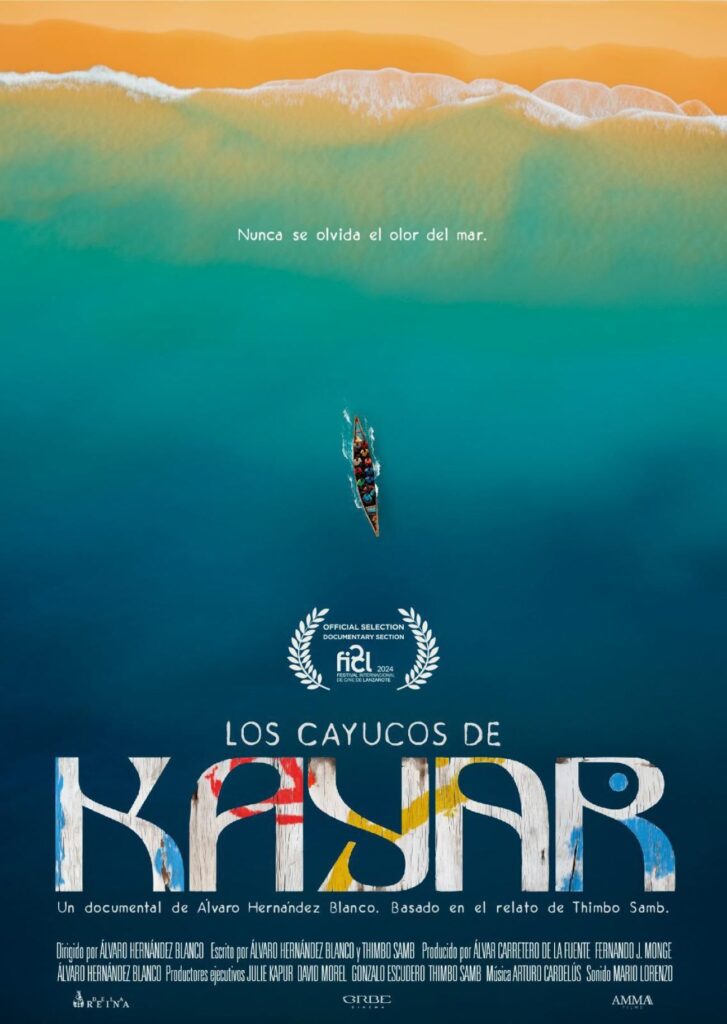
This project presented the most shocking moment of my career: reliving and reconstructing my own story for the documentary. I found it incredibly difficult to tell my mother about life in Tenerife. She never knew the suffering and hunger I faced; I never wanted to frighten or worry her. I mustered all my courage and told her straight out. As the story progressed, her face transformed with each word I spoke.
Creating the documentary, however, became the best decision I ever made. It allowed many to know and tell the story of a terrifying and dehumanizing journey. The protagonists are us: the people of Kayar. I intended to make our story known from the inside, without hateful looks or judgment from those who do not understand.
With the project complete, I am working on creating a new cultural center in Senegal that will offer residencies for diverse artists. It will also function as a place for markets, education, shows, and meetings. With this project and others to come, I want to give people the opportunity to find work in their country and build lives here, without the need to leave.

